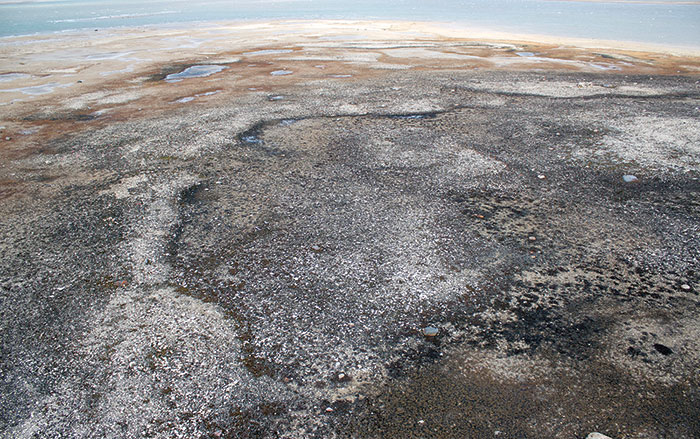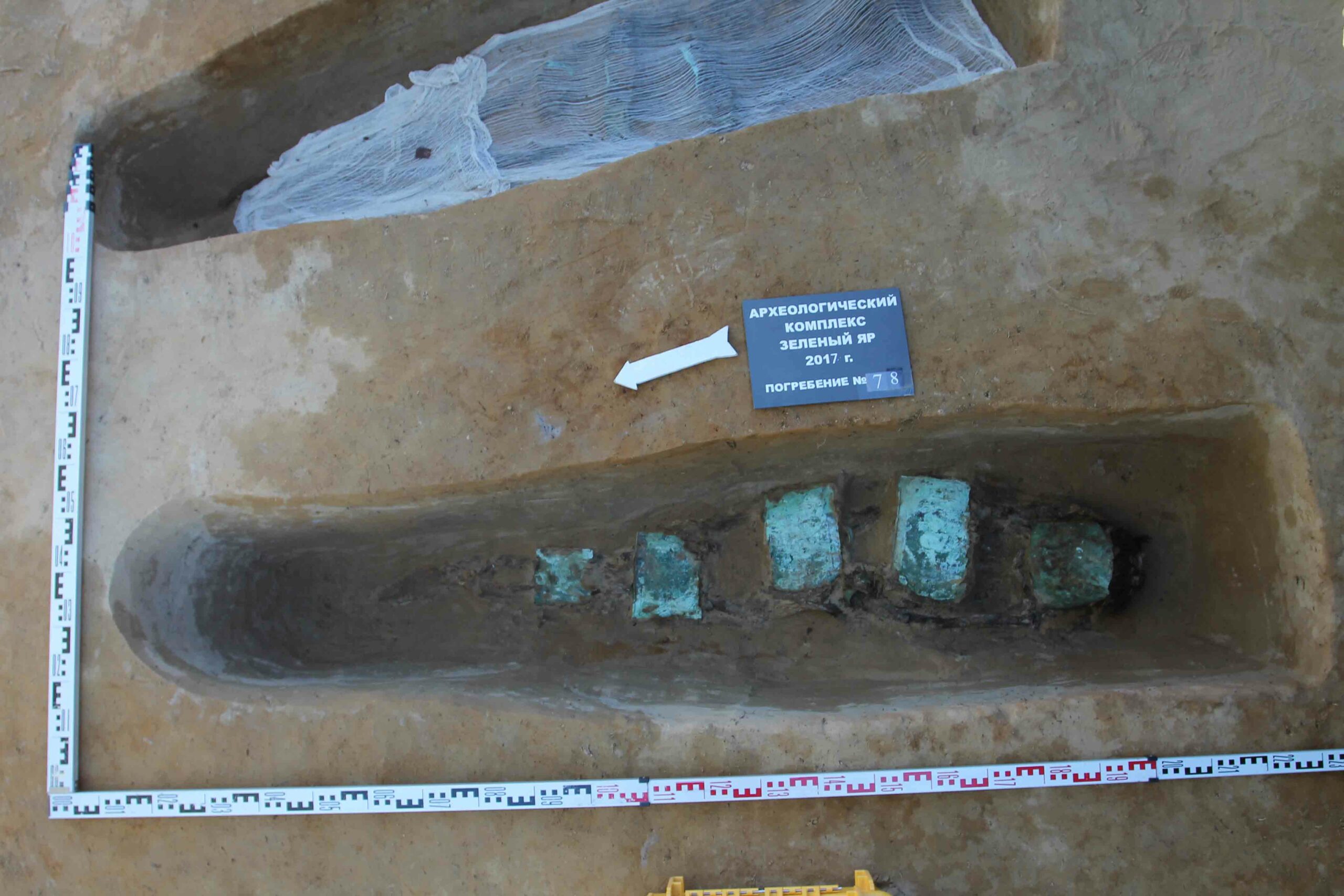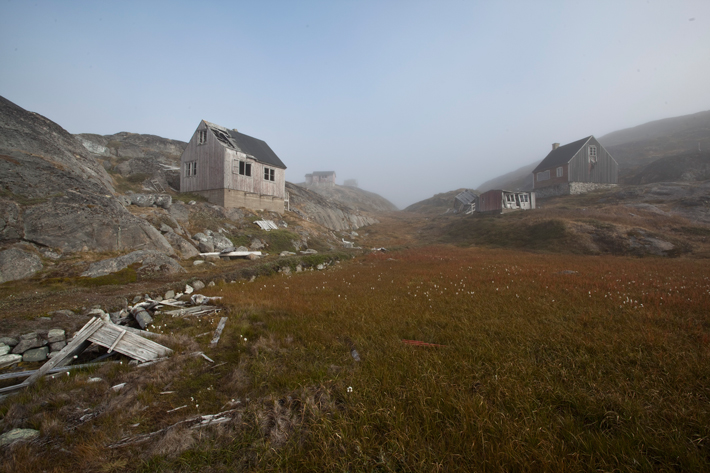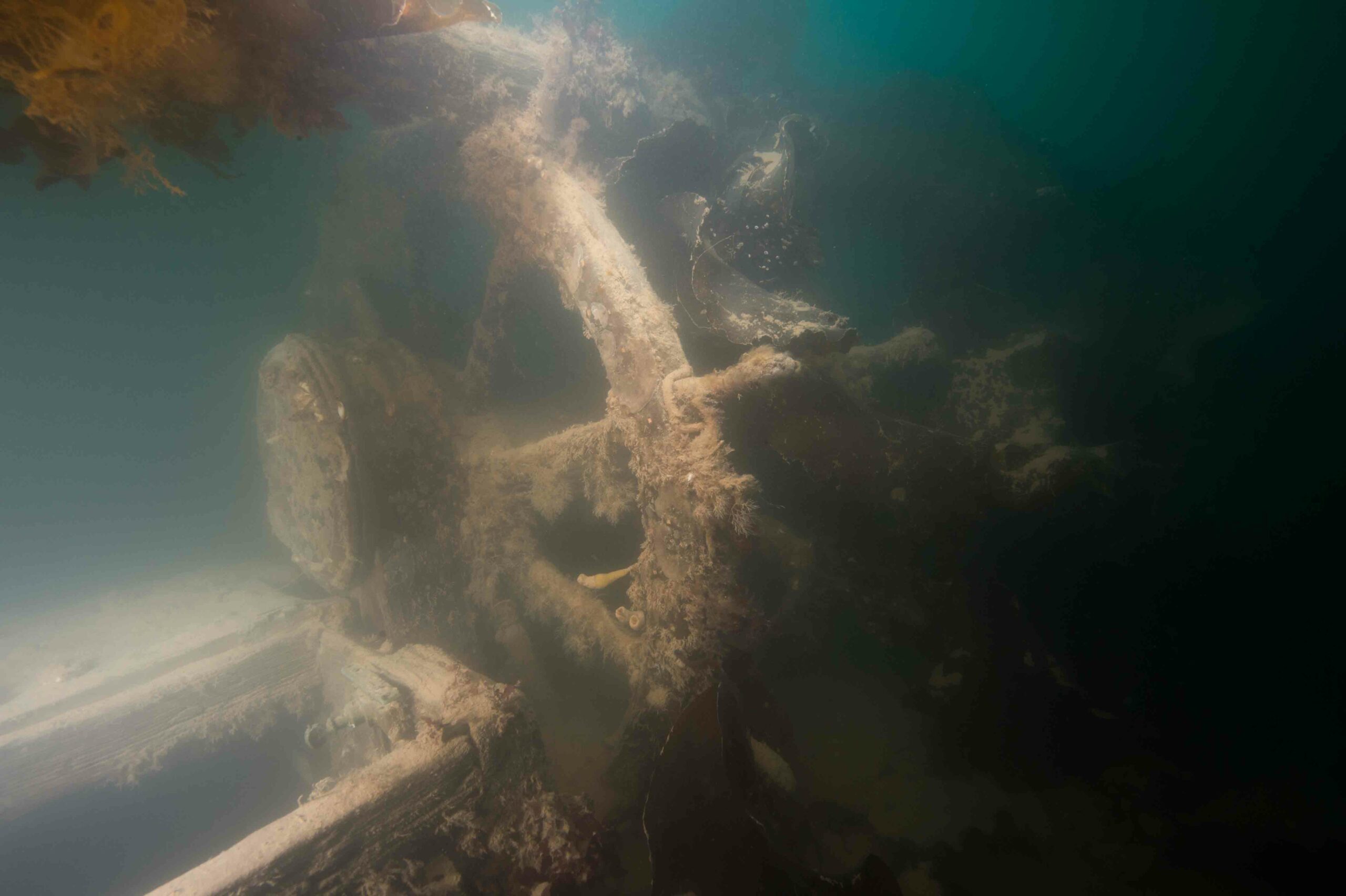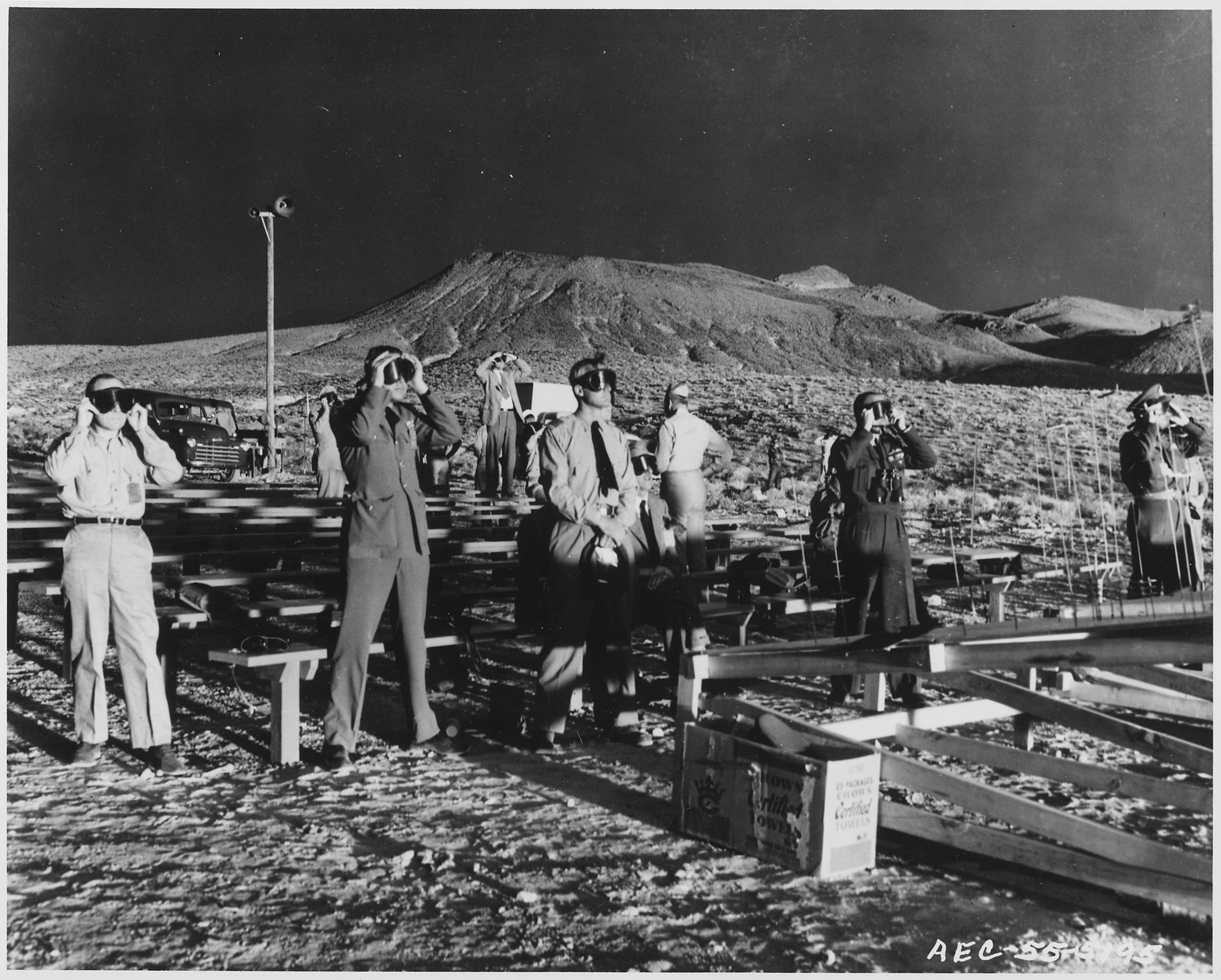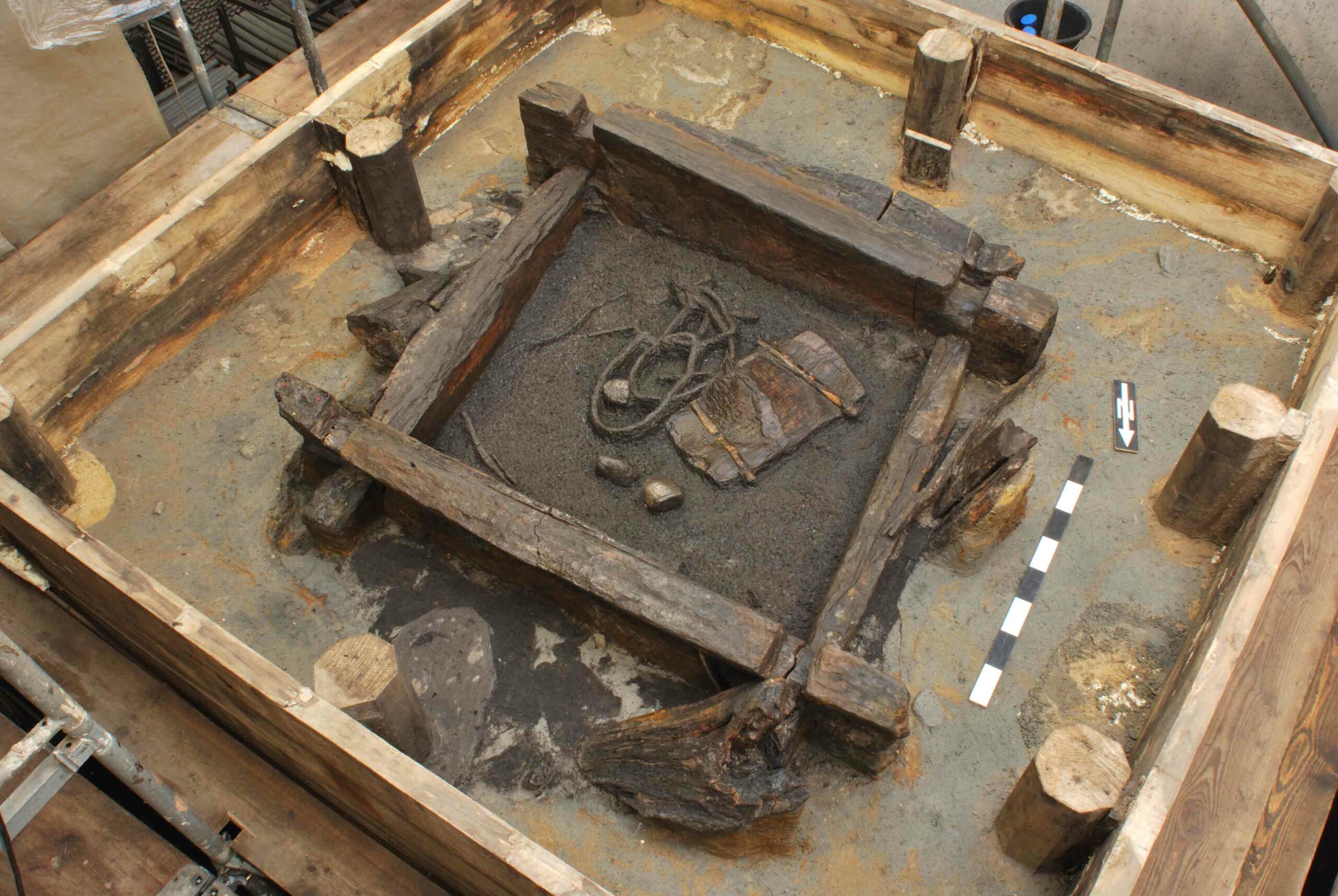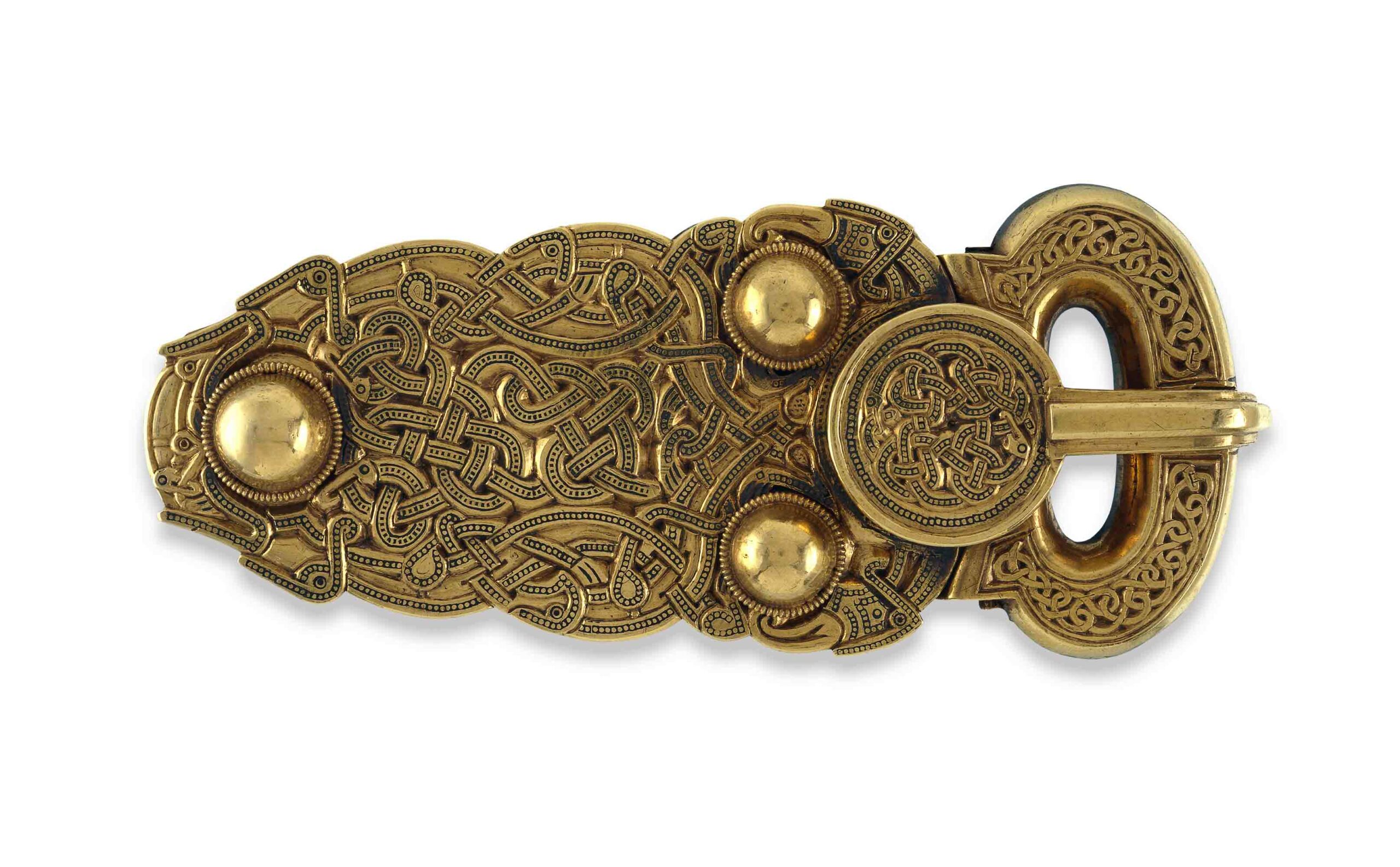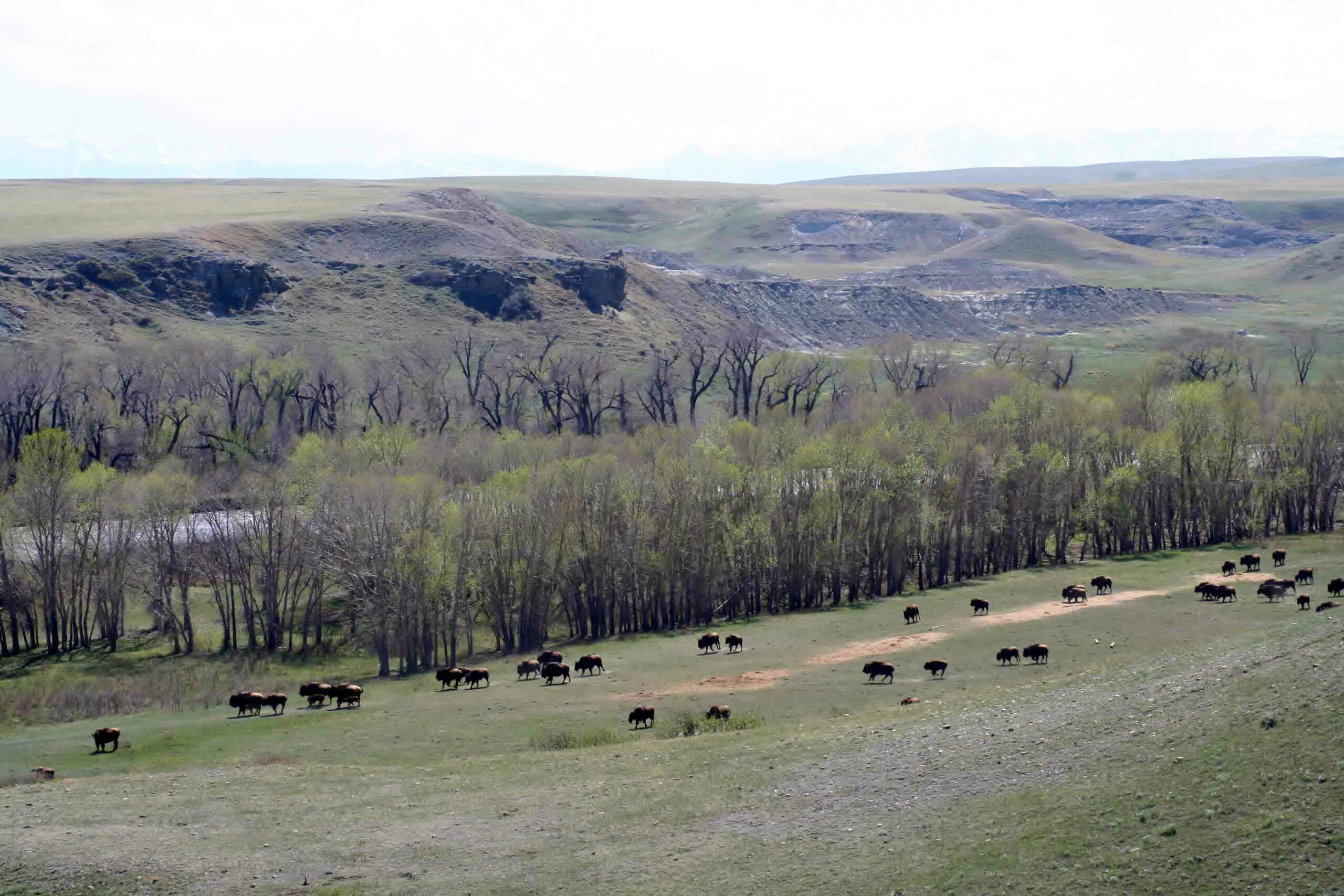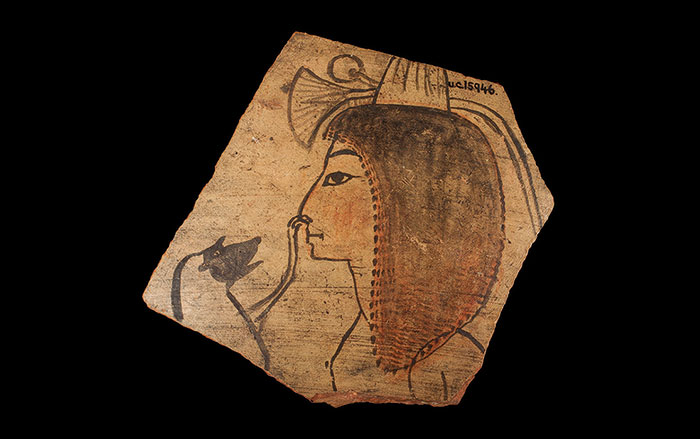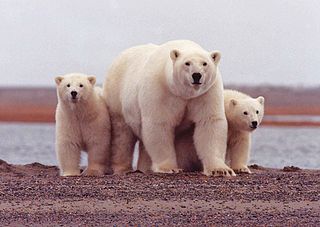
GATINEAU, CANADA—Researchers have analyzed the skull of an Inuit woman whose remains were excavated in the 1950s and housed in the collections of the Canadian Museum of History. The woman’s remains, thought to date to the nineteenth century, were found partially exposed inside a tent ring on the outskirts of an isolated Sadlermiut settlement on Southhampton Island. She was probably brought to the tent after she was injured, and then covered with organic material, possibly a skin, after her death. It had been thought that the woman was killed by a gunshot wound because of the holes on either side of her cranium, but museum archaeologist Karen Ryan and her colleagues thought it more likely that the woman had been attacked by an animal. They created a 3-D image of the skull, and sent it to the Virtual Zooarchaeology of the Arctic Project at Idaho State University, where the technicians compared the wounds to the bites of different Arctic animals without actually handling the woman’s remains. An adult female polar bear made a good match. “What struck me was how it makes you think about how the attack played out. Something horrible happened to that woman. It’s personal,” Ryan told Nunatsiaq Online. The museum’s collection of Nunavut human remains are being studied before they are repatriated. To read more about the Sadlermiut, see "Artifact: A Shaman's Healing Object."


